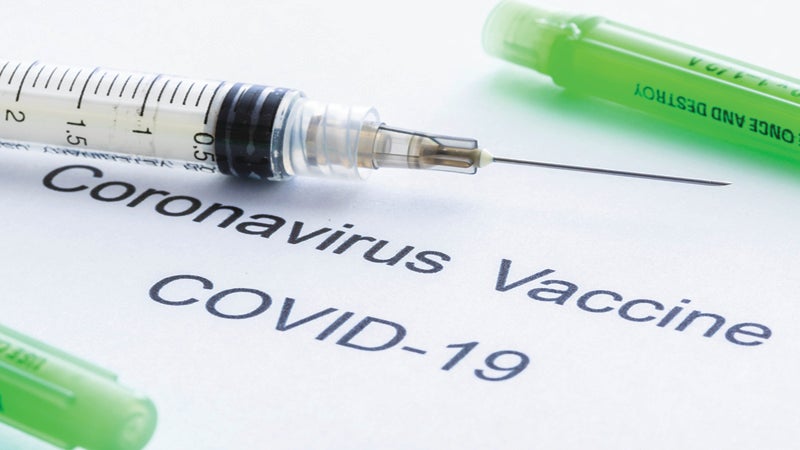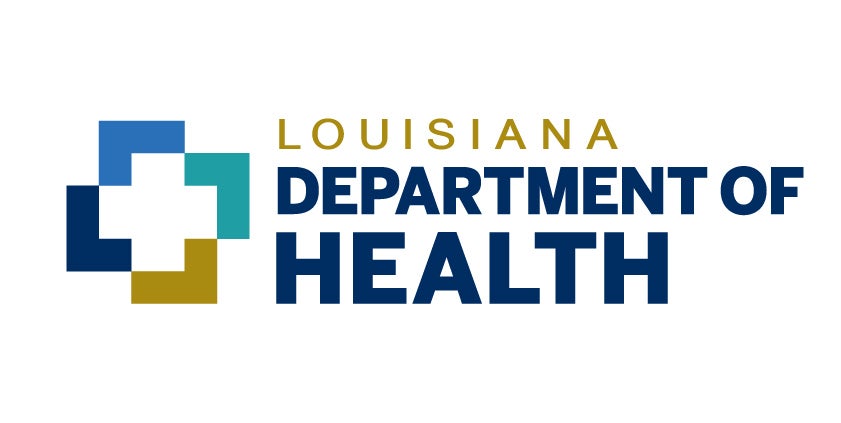Save your life: Get screened now for Prostate Cancer Awareness Month
Published 12:03 am Wednesday, September 12, 2018
Prostate cancer is the second most common cancer among men, with more than 160,000 new cases diagnosed each year.
The good news is, while this type of cancer is undoubtedly serious, with early detection and screening, prostate cancer can be found and, often, successfully treated. Studies show early screening saves lives.
Just as women are encouraged to get mammograms every year after age 40, the American Cancer Society recommends that all men age 50 and over get screened for prostate cancer. Depending on your initial results, your doctor may want you to be screened every year thereafter, or every couple of years.
Who is at Risk?
By far, the most common risk for developing prostate cancer is age. The older you are, the higher your risk. Approximately 2/3 of prostate cancers are found in men age 65 and older.
There are other factors that could increase your risk. They include:
Race/Ethnicity – African-American men are at higher risk for prostate cancer. In fact, they are 1.6 times more likely to get prostate cancer, and more than twice as likely to die from it. For this reason, these men may want to talk to their doctor about getting an earlier prostate cancer screening.
Family History – About 5 to 10 percent of prostate cancers are hereditary. Men with a close relative with prostate cancer are twice as likely to develop the disease. This risk increases if the family member was diagnosed before the age of 65.
Lifestyle and Diet
In recent years, studies support the idea that there are some changes you can make in your lifestyle and your diet that may help to prevent prostate cancer. Among them:
• Be physically active (try for at least ½ hour of exercise every day).
• Watch your weight. Obese men (with a BMI of 30+) may have an increased risk of prostate cancer.
• Avoid sugary drinks.
• Eat a wide variety of vegetables, fruits, whole grains, and legumes (beans are a good choice).
• Limit how much red meat you eat (this includes beef, but also pork and lamb).
• Eat plenty of fish rich in omega-3 fatty acids – which are linked to a reduced prostate cancer risk (tuna, salmon, and herring are good choices).
• Limit alcohol consumption (2 drinks per day maximum).
• Don’t consume too many salty foods – and this includes foods processed with salt.
Following a healthy diet and making sure you are getting enough exercise are the two things you can do to potentially reduce your chances of getting prostate cancer.
Know the Warning Signs
Early stage prostate cancer often presents no symptoms. Signs of more advanced prostate cancer may include:
• Difficulty urinating
• A weak flow of urine
• Frequent urination (especially at night)
• Painful or burning urination
• Erectile dysfunction
• Blood in the urine or semen
• Rectal pressure or pain
If you’re experiencing any of these symptoms, tell your physician. And keep in mind, these are also symptoms of other issues, including BPH, or benign prostatic hypertrophy – an enlargement of the prostate.
Early Detection
and Screening
If you are at a higher risk for prostate cancer, you should talk to your doctor at age 45 about getting screened.
If you’re 50 years old, and have an average risk for prostate cancer, now is the time to begin screening. You’ll be given a prostate-specific antigen (PSA) blood test and a digital rectal exam as part of the screening.
In terms of how often you should be screened if no evidence of prostate cancer is found during your exam – this depends on the results of your PSA blood test.
According to the American Cancer Society, if your PSA is:
• Less than 2.5 ng/mL: You should be retested every two years.
• 2.5 ng/mL or higher: You should be screened every year.
Not sure if you need a PSA test?
Again, it’s time to have a heart-to-heart discussion with your doctor, so you can weigh the pros and cons and decide if testing is right for you.
Treatment Options
Treatment options for prostate cancer is largely dependent on the size or stage of the cancer, the results of your PSA test, and whether the cancer is confined to the prostate gland.
Some of the possible treatments for prostate cancer include surgery, radiation, hormone therapy and chemotherapy.
No one wants to think about the possibility of getting cancer, but the fact is, prostate cancer has a high cure rate – especially if it’s caught early.
So, it’s time to consider screening. Do it for yourself, but also for your family.
The Cancer Center of Thibodaux Regional will offer free prostate screening PSA tests from noon to 5 p.m. Sept. 17-20 at the Wellness Center of Thibodaux Regional. No registration is required.
For more information about cancer or cancer screenings, contact the Cancer Center of Thibodaux Regional at 985-493-4008.
Laura Gros, RN, is the patient care coordinator at the Cancer Center of Thibodaux Regional.





